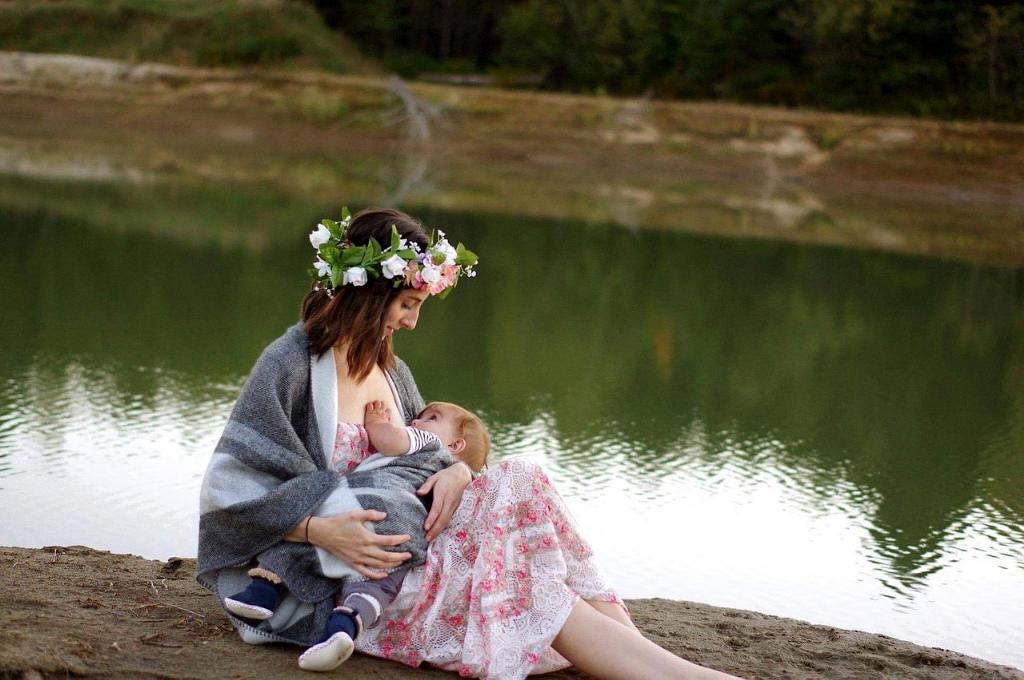When it comes to managing a baby born to an HIV positive mother, the focus is primarily on preventing the transmission of the virus from the mother to the baby. With advancements in medical science, there are effective strategies in place to ensure that babies receive the necessary treatment and care to lead healthy lives.
Antiretroviral therapy (ART) is a key component in managing a baby of an HIV positive mother. ART involves using a combination of HIV medicines to treat the infection and prevent the virus from replicating in the body. Babies born to HIV positive mothers should receive ART as soon as possible after birth to significantly reduce the risk of transmission.
It is crucial for healthcare providers to conduct thorough screenings and tests to determine the baby’s HIV status. Early detection is key in initiating appropriate treatment and care. Regular monitoring of the baby’s health and response to treatment is essential in ensuring their well-being.
In addition to medical intervention, creating a supportive and nurturing environment for the baby is vital. This includes providing proper nutrition, ensuring adequate rest, and promoting overall wellness. Caregivers play a significant role in the emotional and physical development of the baby.
Education is essential not only for caregivers but also for the broader community. Increasing awareness about HIV transmission, prevention strategies, and the importance of early intervention can help reduce stigma and discrimination associated with the virus.
Regular follow-up appointments with healthcare providers are critical in the long-term management of the baby’s health. Monitoring growth milestones, assessing developmental progress, and addressing any concerns promptly can aid in providing comprehensive care.
Support groups and counseling services can offer invaluable emotional support for both the baby and the caregivers. Connecting with others who are facing similar challenges can help reduce feelings of isolation and provide a sense of community and understanding.
Ensuring a safe and hygienic environment for the baby is essential in preventing opportunistic infections. Practicing good hygiene habits, maintaining a clean living space, and avoiding exposure to potential risks can help safeguard the baby’s health.
Regular immunizations are crucial in protecting the baby from other diseases and illnesses. Following the recommended vaccine schedule can help strengthen the baby’s immune system and reduce the risk of complications.
Open communication with healthcare providers is key in addressing any concerns or questions that may arise during the baby’s care. Building a trusting relationship with the healthcare team can facilitate effective collaboration in managing the baby’s health.
It is important to approach the management of a baby born to an HIV positive mother with compassion, empathy, and a commitment to providing the best possible care. Every baby deserves to thrive and lead a healthy life, and with the right support and interventions, that goal can be achieved.

